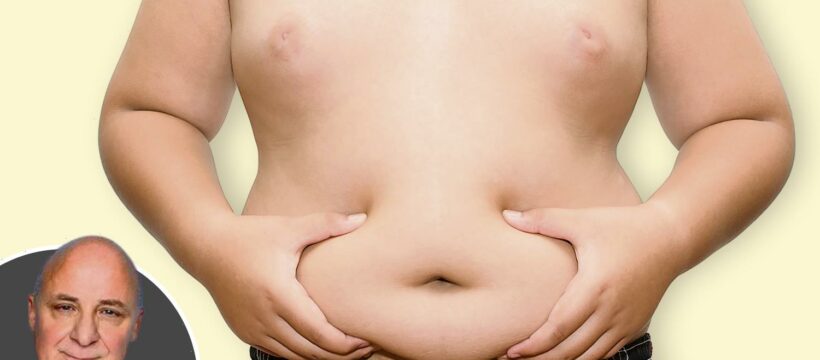BRITAIN is facing a big, fat problem.
We are the heaviest nation in western Europe, with close to two thirds of us currently overweight.
Now we learn that childhood obesity rocketed by a whopping 45 per cent in lockdown.
It’s hardly surprising the NHS wants to act — and yesterday it unveiled radical plans to tackle the issue across England.
Parents of obese children will be urged to attend sessions with dietitians, psychologists and specialist nurses.
In some cases, parents will be given their own food plans and told to diet alongside their children.
It might sound like a typical “nanny state” response but I wholeheartedly believe the NHS has to do something.
Obesity in childhood has been linked to multiple health problems in later life.
Research by University College London found those who were obese as ten-year-olds were 25 per cent more likely to suffer a combination of diabetes and high blood pressure by midlife.
Right now obesity affects one in five children in the UK. That’s shocking.
For the sake of our children we’ve got to fundamentally change the way we think about food — and that change must start at home.
If parents don’t cook or understand nutrition then what chance do their children have?
According to the data, obesity is “inherited” through generations. NHS statistics from 2018 found that children of obese parents were three times more likely to be overweight themselves.
And research by the University of Sussex revealed the more obese the child, the more their BMI was dependent on “genetic inheritance” from their parents.
But it is not just a genetic issue — it’s often an unhealthy lifestyle that’s handed down through generations.
A huge part of our collective weight problem is societal. Crucially, children are not learning how to cook from their parents.
Growing up in southern Italy, meal time was revered. I was the youngest of nine kids and food was a premium — I couldn’t run to the cupboard and find crisps or biscuits like my children did.
We were poor but we would still eat a cooked lunch and dinner every day.
Feeding nine kids and a husband every day was an almost military-style operation for my mum.
With that attitude, it’s not surprising that even in the poorest villages in Italy people live to a ripe old age.
In the UK, however, there’s a lot of food on the go. There’s no time to sit down and have lunch — for some it even seems impossible to sit down and have dinner with their family.
Even though I’ve been guilty of this at times, I’ve still tried to instil a good knowledge of food in my two teenagers, aged 13 and 15.
Trust me, I know it’s difficult.
I’ve been fighting with my body weight for the past 30 years — it’s a constant battle every day.
And after the pandemic I’m a few pounds heavier than I’d like.
I launched a home delivery service in lockdown which meant I was cooking from home every day.
Spending more time in the kitchen, I’d end up testing the food straight from the pan, which makes it easy to pile on the pounds.
But I really recommend anyone struggling with their diet keeps a food diary to — a lot of the time you don’t even realise how much you’ve consumed in a day.
Try it, you’ll be shocked.
One word of warning though — the diets don’t work. On ITV’s Celebrity Fit Club in 2007 I was incredibly dedicated.
I lost 3st in three months and won the competition. But then I put all that weight back on again.
What you have to do is fundamentally adjust your diet and your attitude, as well as becoming more active.
That’s not to say I did not learn anything on the show. I realised — for the first time — that what we put into our bodies is so important.
In my opinion, sugar is a silent killer.
A doctor once told me that eating the stuff was as good for your insides as digesting broken shards of glass.
If it were up to me, I’d ban sugary fizzy drinks entirely.
Supermarkets also have a role to play in helping us to eat better. There should be more offers on veg and fruit rather than packets of crisps and booze.
Whatever people say, it’s not cheap to eat healthily. I am fully behind the new NHS plans to tackle obesity.
The pilot scheme of 15 clinics across England will provide more than 1,000 children a year, aged between two and 18, with specialist support.
But the new clinics must be educational for children and their parents. Lecture people at your peril.
I wish medics every success in tackling obesity.
But ultimately, the proof will be in the pudding.
We pay for your stories!
Do you have a story for The Sun news desk?
Email us at [email protected] or call 0207 782 4104. You can WhatsApp us on 07423 720 250. We pay for videos too.
Click here to upload yours.
Click here to get The Sun newspaper delivered for FREE for the next six weeks.
Source: Read Full Article




